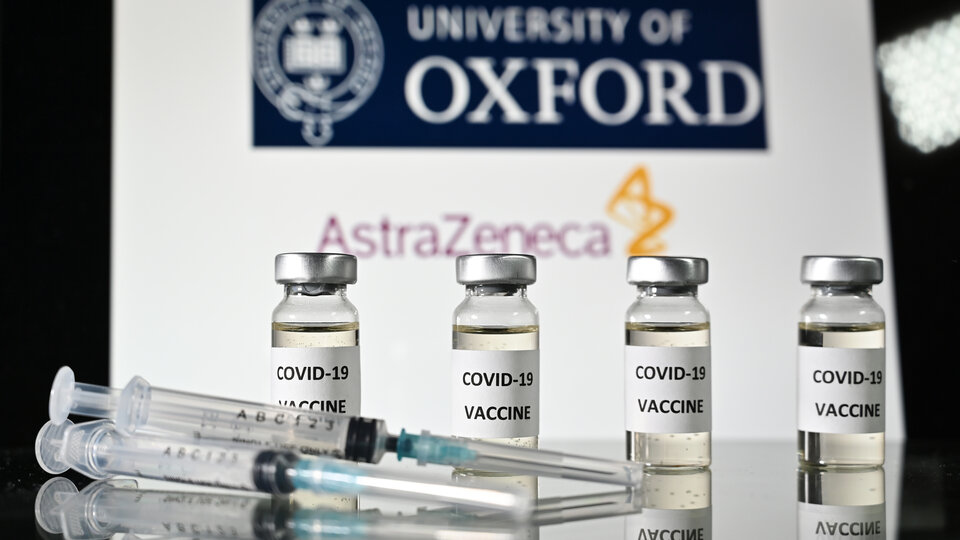
[ad_1]
As reported by the medical journal “The Lancet”, the second phase of clinical trials of the coronavirus vaccine from the University of Oxford and the pharmaceutical company AstraZeneca -which will be produced in Argentina- has been shown to be safe in healthy elderly people and induces a good immune response.
In phase II of this vaccine, called ChAdOx1 nCoV-19, 560 healthy adult volunteers participated, including 240 over 70 years, in order to observe its impact on the immune system and its possible side effects.
Preliminary results, published in “The Lancet”, indicate that this coronavirus vaccine offers “similar safety and immunogenicity results in healthy elderly people than in people aged 18 to 55”.
According to the publication, phase II leads to the conclusion that the antidote causes “few side effects” and “induces an immune response in both parts of the immune system in all age groups with low and standard doses”.
The vaccine, continues the text of the researchers of the medical journal, generates a response of T lymphocytes (capable of finding and attacking cells infected by the virus) fourteen days after the first dose, and an antibody response 28 days after the booster dose (which would attack the virus as it circulates in the blood or lymphatic system).
The authors point out that ongoing phase III clinical trials should confirm these results and determine “how effective the vaccine is in protecting against SARS-CoV-2 infection” in a larger and more heterogeneous group of people, which includes the elderly with previous pathologies.
The researchers also indicated that side effects of the vaccine were mild and that it induced antibodies to the coronavirus spike protein 28 days after a low or standard first dose in all age groups. After the booster injection, the antibody level increased 56 days after the start of the experiment, and the same happened with the neutralizing antibodies 42 days later.
For its part, the T cell response against the coronavirus spike protein peaked fourteen days after the first inoculation, regardless of age or dose.
Researcher Sarah Gilbert noted that this study does not measure the effectiveness in protecting against the virus and that other “questions on the effectiveness and duration of protection” remain unanswered.
Always too the vaccine should be tested in older people with medical conditions to ensure it protects those at risk. The phase II study involved volunteers who were, for the most part, white and non-smokers, so in the third phase of clinical trials, testing will be extended to people from different backgrounds.
In early November, the Argentine government signed an agreement with AstraZeneca to supply 22 million doses of ChAdOx1 nCoV-19. Deliveries are expected to begin in the first quarter of 2021.
.
[ad_2]
Source link
 Naaju Breaking News, Live Updates, Latest Headlines, Viral News, Top Stories, Trending Topics, Videos
Naaju Breaking News, Live Updates, Latest Headlines, Viral News, Top Stories, Trending Topics, Videos